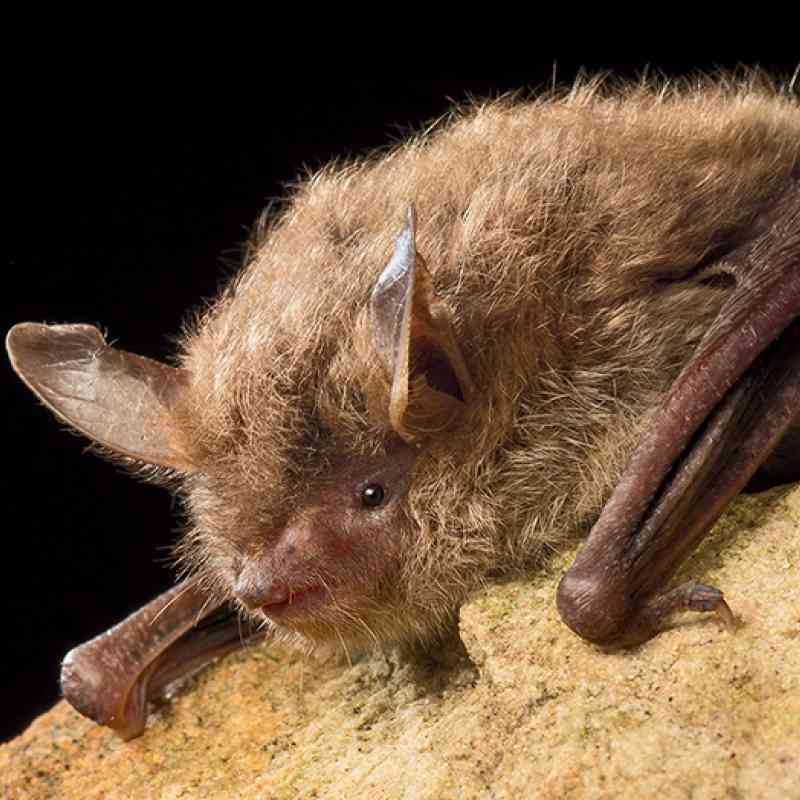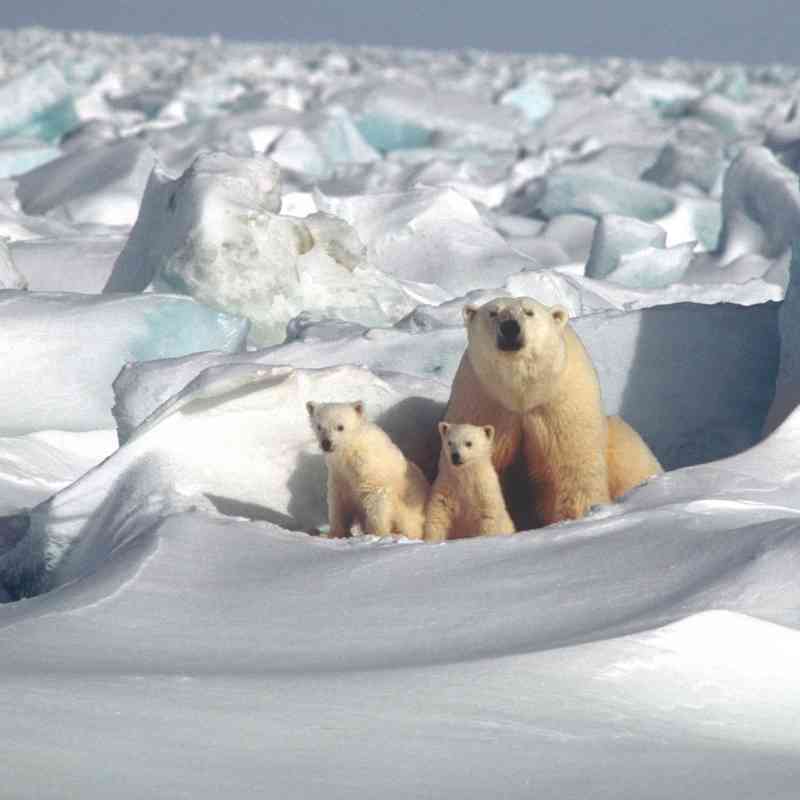FOR IMMEDIATE RELEASE
Date: April 4, 2016
Contact: Melanie Gade: mgade@defenders.org; (202) 772-0288
Court Agrees: Wolverines Need Federal Protection
MISSOULA, Mont. – In response to a legal petition filed by Defenders of Wildlife, a district court in Montana announced today the U.S. Fish and Wildlife Service (the Service) must reevaluate what level of protection is warranted for the rare wolverine, withdrawing it 2014 decision not to list the species under the federal Endangered Species Act.
Michael Senatore, vice president of conservation law for Defenders of Wildlife, issued the following statement:
“Wolverines are one step closer to getting the federal protection they’ve desperately needed for decades. Today’s decision reaffirms that the U.S. Fish and Wildlife Service ignored the best available science by denying them federal protections in 2014. We urge the Service to heed today’s ruling and move forward with a rule to list the species under the Endangered Species Act now.
“With an estimated 300 animals left in the lower-48 states, and substantial scientific evidence indicating that the species’ habitat is diminishing due to the effects of climate change, the wolverine clearly warrants protection under the Endangered Species Act. We’re pleased to see these assertions were validated today.”
Background: On February 4, 2013, the Service proposed to list the wolverine in the Lower-48 as threatened, citing the likelihood of habitat loss caused by climate change as a primary threat to the species. In February 2014, the Service delayed the final decision by six months to address concerns from states including Idaho, Montana, Wyoming and New Mexico. On August 12, 2014, the Service revised its earlier recommendation to list the species and denied protections for the rare wolverine under the Endangered Species Act. In response, Defenders of Wildlife and other conservation groups took legal action against the Service stating that its decision not to list ran contrary to the agency’s own field biologists and the best available scientific data.
Today's decision finds that the Service unlawfully ignored the best available science by dismissing the threats to wolverine from climate change, genetic isolation and a small population size.
Wolverines have one of the lowest successful reproductive among mammals. Scientists estimate the effective population size – the portion of the population that contributes to future generations and thus a measure of the population’s genetic health in the Lower-48 to be 35 – an extremely low number. Wolverines are rare, wide-ranging members of the weasel family that exist in high-altitude mountain ranges. They are found primarily in Montana, Idaho, Wyoming and north-central Washington. Individuals have been recently photographed in Utah, Colorado and California but these are not part of breeding populations.
###
Get the latest Defenders news on Twitter @defendersnews.
Past press statements are available in our newsroom and be sure to visit our multimedia library andreporter resources pages for more information, including free-use photos.
Defenders of Wildlife is dedicated to the protection of all native animals and plants in their natural communities. With more than 1.2 million members and activists, Defenders of Wildlife is a leading advocate for innovative solutions to safeguard our wildlife heritage for generations to come. For more information, visit
Defenders of Wildlife is celebrating 75 years of protecting all native animals and plants in their natural communities. With a nationwide network of nearly 2.2 million members and activists, Defenders of Wildlife is a leading advocate for innovative solutions to safeguard our wildlife heritage for generations to come. For more information, visit defenders.org/newsroom and follow us on Twitter @Defenders.

